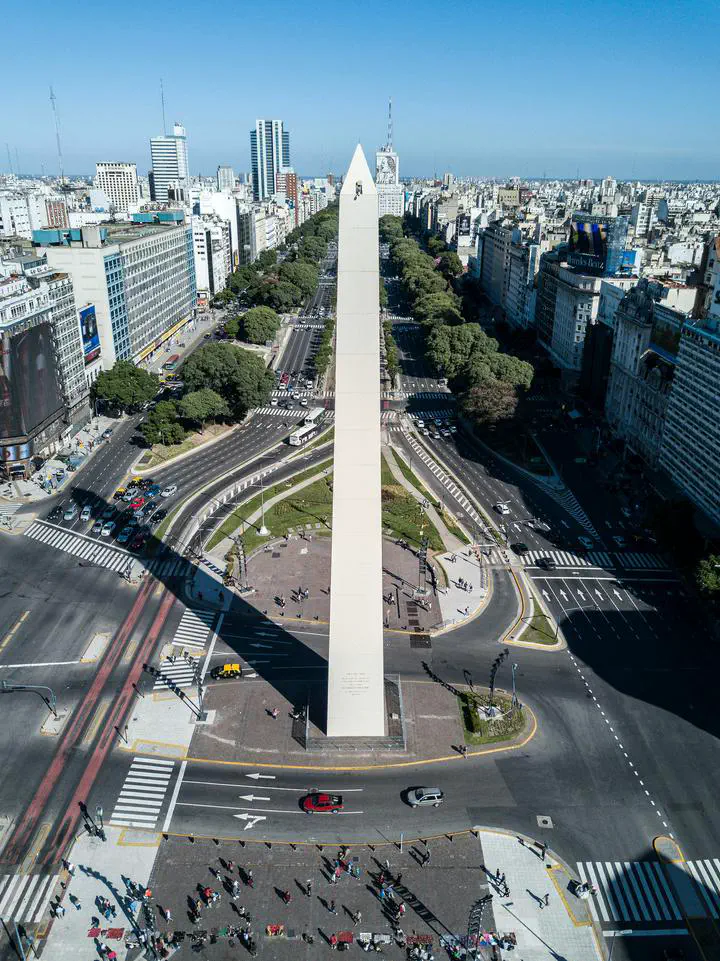Four decades of the third wave of democratisation in Latin America: Contributions from the Training Data Lab
 Picture credits: Unsplash
Picture credits: UnsplashOn 27-28 November 2023, researchers from the Training Data Lab participated in the conference “Four decades of the third democratisation wave in Latin America” at the Torcuato Di Tella University in Buenos Aires. During this event, our researchers presented three papers addressing different aspects related to democratisation and democratic destabilisation in the region.
First, Jaquelin Morillo and José Miguel Cabezas presented the paper “Democratic ruptures in Latin America (1953-2022): An event history analysis and determining factors”. In this study, they use the event history analysis approach to examine democratic ruptures in Latin America from 1940 to 2022. The main objective is to identify the political events and causes that contributed to democratic to non-democratic or authoritarian regime change in the region.
The research is guided by two different hypotheses. The first hypothesis argues that the circumstances leading to democratic ruptures in Latin America follow recurrent patterns and predictions. In other words, it seeks to determine whether certain events or sequences of events have a recurrent tendency to occur prior to democratic rupture. The second hypothesis asserts that certain political, economic and social elements influence the incidence of democratic ruptures. This involves investigating how political circumstances, economic variables and social dynamics may function as triggers or catalysts for a shift to non-democratic regimes.
To address these possibilities, the authors used data from the V-Dem dataset to identify events of democratic breakdowns, such as coups d’état or changes in electoral legislation. They then constructed a dataset of events with detailed information on each event, including the date of occurrence, the country involved, the actors, and the political and social circumstances.
They then conducted exploratory analyses using regression techniques. They also conducted a time series analysis of events to uncover temporal patterns in the occurrence of democratic breakdowns and to look for connections between events that occurred before them. In addition, they used survival regression models, such as the Cox proportional hazards model, to examine the factors contributing to democratic breakdowns, considering political, economic and social variables, as well as indicators related to the influence of external actors.
The results of this study will allow for a deeper and more precise analysis of democratic breakdowns in Latin America, identifying key trends, drivers and triggers. The findings will be fundamental to the study of regional democratic stability and will provide critical information for creating policies to prevent future democratic breakdowns.
Secondly, Jaquelin Morillo and José Miguel Cabezas also presented the paper “Ciudadanos críticos en América Latina, los largos efectos de los quiebres democráticos y autoritarios”. In this study, they examine the durability of the effects of democratic and authoritarian ruptures in the region. Through the analysis of Argentina, Brazil and Chile, they explored the existence of critical citizens, i.e., those who, while preferring democracy, feel dissatisfied with its results.
Using survey data from 2006 to 2022, they analysed differences in the presence of critical citizens across time, age, and cohorts. The analysis allowed them to isolate the effects of age, period, and cohort independently and identify their potential durability on the political perceptions and attitudes of those who experienced democratic breakdown and authoritarian regimes.
For example, in Chile, the 1950s generation, who lived through the military coup in their twenties, remains the most critical today, indicating a direct relationship between living through an authoritarian experience and dissatisfaction with the democratic regime. Similarly, the analysis revealed that the cohorts of people who experienced the democratic rupture in Argentina and Brazil also show similar trends.
Thirdly, our associate researchers, Rodrigo Cuevas and Miguel Ángel López, presented the paper “Desconfianza en las instituciones en América Latina y valoración de la democracia (1995-2020)”. In summary, our researchers’ presentation at the conference provided a detailed overview of the political and social processes that have affected democratic stability in the region. We hope that our work will contribute to a deeper understanding of the challenges facing democratisation in Latin America and that it can inform effective policies to promote democratic stability in the region.
* AI-generated text
Read more about how we generate our content